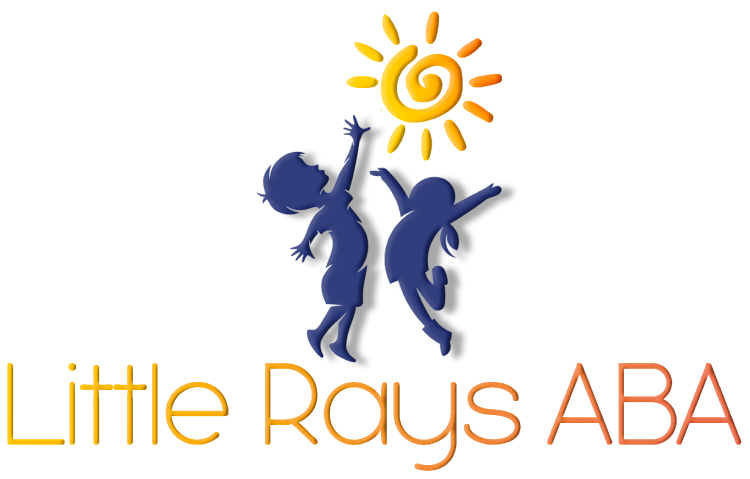
Ethical ABA: How Modern Therapy Supports Dignity and Growth
Is ABA ethical for autism? Applied Behavior Analysis (ABA) therapy is considered ethical when it follows strict professional guidelines that prioritize respect, dignity, and individualized care. While early ABA had criticisms, modern ABA emphasizes positive reinforcement, autonomy, and family collaboration.
What Makes ABA Ethical?
- Informed Consent: Therapists must explain treatment plans clearly so families and clients understand and agree voluntarily.
- Respect for Individuality: Modern ABA is tailored to each child’s unique personality, strengths, and needs, rather than forcing conformity.
- Positive Reinforcement: Focuses on encouraging helpful behaviors through rewards rather than punishment or aversive techniques, which are no longer accepted.
- Family Collaboration: Parents and caregivers are partners in planning and decision-making to ensure therapy respects client preferences.
- Ongoing Monitoring: ABA providers regularly assess progress and adjust goals ethically to maximize benefits and minimize harm.
In Florida, Little Rays ABA follows contemporary ethical practices, ensuring therapy is supportive, compassionate, and focused on meaningful skill-building. Families appreciate transparency and individualized approaches that honor their child’s dignity.
Is ABA ethical for autism? Yes—when delivered responsibly, ABA therapy respects individual rights, promotes growth, and supports families with ethical standards.
Looking for ethical, caring ABA therapy in Florida? Schedule a “Therapy Ethics & Goals Consultation” with Little Rays ABA today for a compassionate, transparent start.
Sources:
Related Posts





